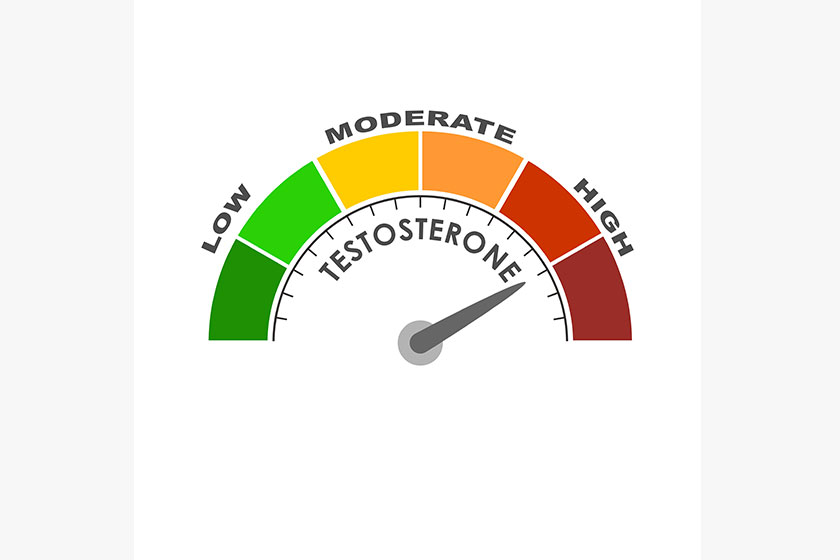Navigating the golden years of life brings about its own set of health considerations, among which managing testosterone levels in your 50s stands out for many. While testosterone is often highlighted in the context of men’s health, it plays a crucial role in women’s health as well, particularly when levels become imbalanced. Understanding and addressing high testosterone can contribute significantly to one’s quality of life.
Understanding Testosterone Imbalance
Testosterone, while predominantly associated with male health, is also vital for women, affecting everything from bone density to muscle mass and mood regulation. As we advance in age, hormonal imbalances can become more common, with high testosterone levels presenting specific challenges. These imbalances can lead to a variety of symptoms, such as increased muscle mass, changes in mood and metabolic disturbances, impacting daily life and overall well-being.
Recognizing the Signs
The first step in coping with high testosterone levels is recognizing the signs. Symptoms can vary widely and may include changes in physical appearance, energy levels and emotional state. It is crucial for individuals to monitor their health and seek professional advice when they notice significant changes. Regular check-ups and open discussions about health concerns with healthcare providers can aid in early detection and management.
Medical Evaluation and Treatment
Upon noticing signs of high testosterone, consulting a healthcare provider is essential. A thorough medical evaluation, including blood tests to measure hormone levels, can confirm the diagnosis. Treatment options may vary depending on the underlying cause and can range from medication to lifestyle adjustments. It is important to follow the guidance of healthcare professionals to ensure safe and effective management of hormone levels.
Lifestyle Adjustments
Lifestyle adjustments play a pivotal role in managing high testosterone levels. Engaging in regular physical activity, maintaining a balanced diet and managing stress are foundational steps that can have a positive impact on hormone balance. For individuals within a retirement community, participating in retirement community events and taking advantage of retirement community amenities can offer enjoyable ways to stay active and connected with others.
Nutritional Considerations
Diet plays a significant role in hormonal health. Incorporating a variety of fruits, vegetables, whole grains and lean proteins can support overall health and hormone balance. Certain foods, such as those rich in phytoestrogens, may also help in managing hormone levels. Consulting with a nutritionist can provide personalized advice on balanced and delicious meals tailored to individual health needs and preferences.
The Role of Community and Support
Living in a retirement community offers unique opportunities for support and engagement. Participating in group activities, wellness programs and social events can provide a sense of community and belonging, which is vital for emotional and mental well-being. Additionally, discussing health concerns and sharing experiences with peers can offer comfort and practical advice on coping with similar health issues.
Prioritizing Health and Wellness
Managing high testosterone levels in your 50s and beyond requires a comprehensive approach that includes medical intervention, lifestyle changes and community support. For those living in retirement communities, taking an active role in health and wellness can enhance the quality of life and enable individuals to thrive during these years. Regularly engaging in activities that promote health and wellness, along with open communication with healthcare providers, are key to navigating the challenges of hormonal imbalances with confidence and grace.







